Travel is a passport to new adventures, to other cultures, and, oh, a couple of unwanted pounds that creep up quicker than a flight departure delay. From airport food courts to hotel breakfast buffets to the compulsion to sample every local specialty, keeping your normal healthful ways in check seems about as feasible as packing a week’s worth of clothes in a carry-on.
The best news is that weight gain from travel is not inevitable, and you don’t need to subsist on celery sticks and remorse to prevent it. Below are 18 practical tips that will see you through your holiday in decent comfort without the pants barricading themselves when you get back home.
Pack your snacks
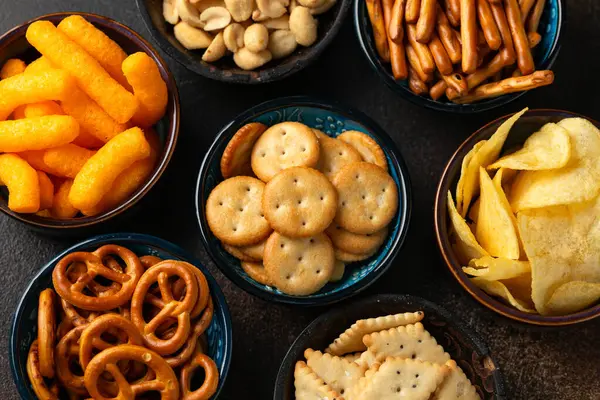
Airport and gas station food options make a vending machine look like a farmer’s market. Bringing your own trail mix, protein bars, or fresh fruit gives you control over what goes into your body during those long travel days.
Plus, you’ll save money that you can spend on experiences instead of overpriced airport pretzels.
Walk through airports instead of sitting
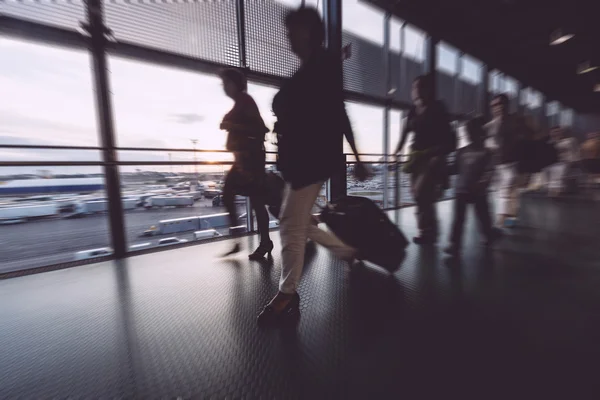
Those moving walkways aren’t the only way to get around massive airports. Walking briskly through terminals burns calories and helps combat the sluggishness that comes from sitting in cramped airplane seats.
Consider it a warm-up for all the exploring you’ll do at your destination.
Like Travel Pug’s content? Follow us on MSN.
Choose hotels with kitchenettes

Having access to a mini-fridge and microwave transforms your hotel room into a healthy eating command center. You can store fresh fruit, yogurt, and other nutritious options while avoiding the temptation of room service every night.
Even a simple breakfast in your room sets a positive tone for the entire day.
Research restaurants before you arrive

Spontaneous dining has its charm, but a little planning prevents panic ordering from unfamiliar menus. Look up restaurant menus online and identify healthier options ahead of time.
This strategy helps you make better choices when you’re hungry and potentially overwhelmed by too many tempting options.
Skip the complimentary bread basket
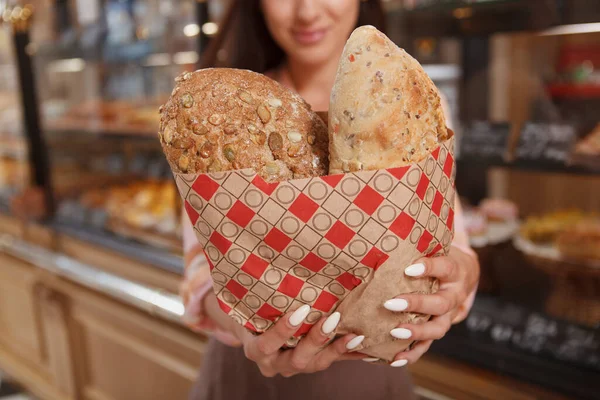
Restaurant bread baskets are calorie traps disguised as hospitality. Ask your server to skip bringing it to your table, or request that it be removed after others have taken what they want.
You’ll save room for the meal you came to enjoy.
Like Travel Pug’s content? Follow us on MSN.
Order first when dining in groups

Social eating often leads to copycat ordering, and unfortunately, not everyone in your group prioritizes healthy choices. Ordering first helps you stick to your original intention rather than getting swayed by someone else’s indulgent selection.
Your future self will thank you for showing a little leadership.
Share desserts and appetizers

Sharing allows you to experience local flavors without consuming massive portions designed for American restaurant standards. Split that famous local dessert three ways and you’ll satisfy your curiosity without feeling overly full.
This approach works especially well in cities known for their food scenes.
Use hotel fitness facilities
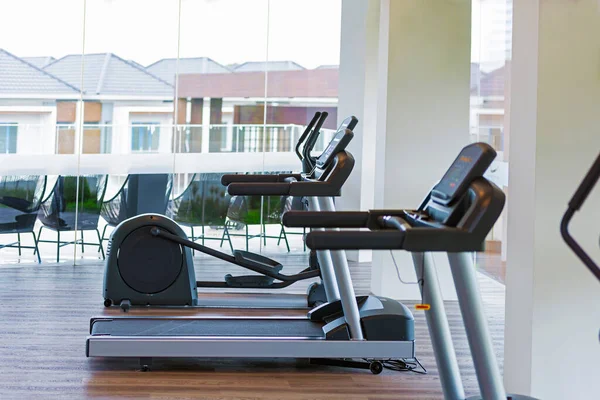
Even a 20-minute workout helps maintain your routine and burns off some of those vacation calories. Many hotels offer basic gyms or pools that provide a refreshing break from sightseeing.
Early morning workouts also give you energy for the day ahead.
Like Travel Pug’s content? Follow us on MSN.
Take stairs whenever possible

Elevators are convenient, but stairs provide mini-workouts throughout your day. Hotel stairs, subway stations, and tourist attractions offer numerous opportunities to add movement to your travel routine.
Your legs might protest initially, but your metabolism will appreciate the extra effort.
Walk to nearby destinations
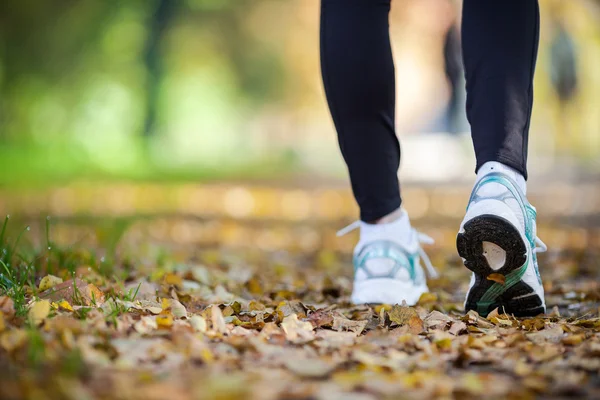
Taxis and rideshares are tempting, but walking reveals hidden gems you’d miss from a car window. Use your phone’s map to identify destinations within a reasonable walking distance.
This approach combines sightseeing with exercise while saving money for other travel experiences.
Pack resistance bands for hotel workouts
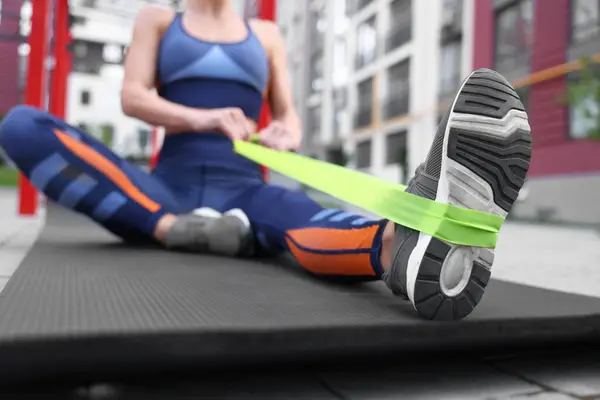
Resistance bands weigh almost nothing but provide a full-body workout in spaces smaller than most hotel bathrooms. They’re perfect for maintaining strength training routines when hotel gyms are crowded or nonexistent.
A quick 15-minute session keeps your muscles engaged and your energy levels stable.
Like Travel Pug’s content? Follow us on MSN.
Maintain consistent meal timing
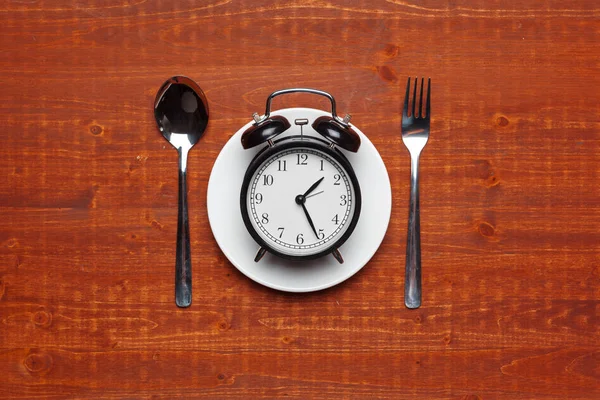
Traveling across time zones wreaks havoc on your body’s internal clock, often leading to irregular eating patterns. Try to eat meals at regular intervals based on your destination’s time zone rather than when you feel hungry.
This helps regulate your metabolism and prevents overeating later.
Avoid liquid calories from fancy drinks

Vacation cocktails, specialty coffees, and fresh juices add up faster than taxi fares in a foreign city. These drinks often contain more calories than entire meals but don’t provide the same satisfaction.
Choose water, unsweetened tea, or coffee most of the time, saving special drinks for truly special occasions.
Choose grilled options over fried ones
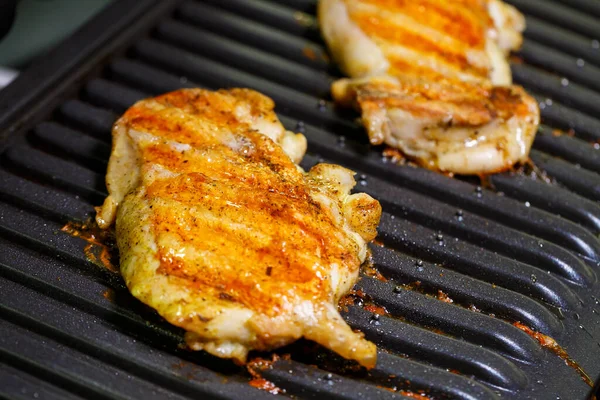
Fried foods are delicious but pack more calories than a week’s worth of hotel minibar charges. Grilled, baked, or roasted proteins provide similar satisfaction with fewer calories and less grease.
Your digestive system will appreciate the gentler treatment, especially when trying unfamiliar cuisines.
Like Travel Pug’s content? Follow us on MSN.
Fill up on vegetables first

Vegetables take up space in your stomach while providing essential nutrients and fiber. Start meals with salads or vegetable-based dishes before moving on to heavier items.
This strategy helps control overall portion sizes while ensuring you get important nutrients that travel diets often lack.
Practice mindful eating habits

Vacation eating often happens quickly between activities or while distracted by new surroundings. Slow down and pay attention to flavors, textures, and your body’s hunger signals.
This approach helps you enjoy food more while naturally controlling portions.
Prioritize adequate sleep

Poor sleep disrupts hormones that control hunger and satiety, making you more likely to overeat the next day. Hotel rooms aren’t always ideal for sleep, but bringing earplugs, an eye mask, or white noise can help.
Quality rest supports better food choices and more energy for physical activities.
Like Travel Pug’s content? Follow us on MSN.
Plan active sightseeing adventures

Choose activities that combine exploration with movement rather than purely sedentary experiences. Walking tours, hiking trails, bike rentals, and beach activities provide entertainment while keeping you active.
These experiences often create better memories than sitting in restaurants or bars all day.
Why balance beats restriction
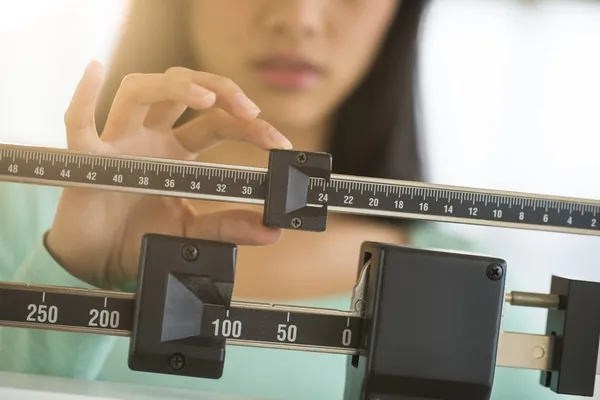
Modern travel offers more food temptations than ever before, but the principles of moderation remain unchanged from centuries of human experience. Rather than viewing vacation eating as an all-or-nothing proposition, successful travelers have learned to blend indulgence with intention.
The goal isn’t to return home the same weight you left, but to avoid the dramatic swings that make post-vacation life feel like punishment. When you approach travel with these practical strategies, you’re free to truly enjoy your journey without spending weeks afterward trying to undo the damage.
More from Travel Pug

- 20 Best Beach Towns in the Carolinas
- 13 Destinations Where Tourists Regularly Regret Their Trip
- 20 Things You Actually Get in First Class
- 20 Small Airports With Aviation Museums
- 20 Places in the U.S. That Are Perfect for a Reset Trip
Like Travel Pug’s content? Follow us on MSN.
